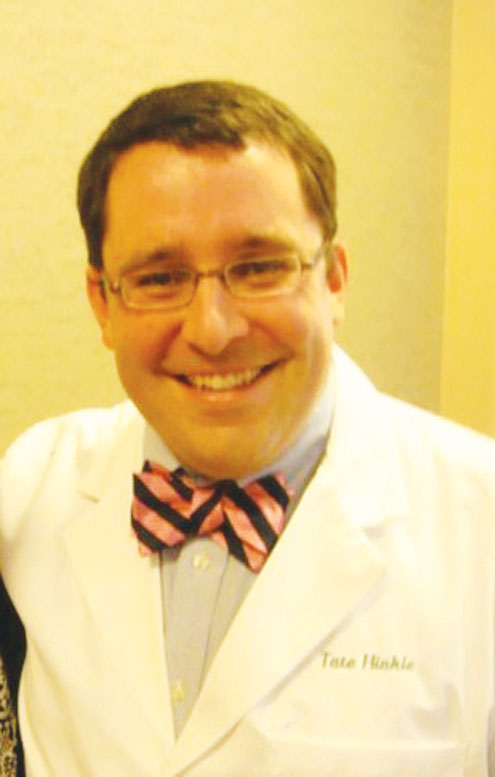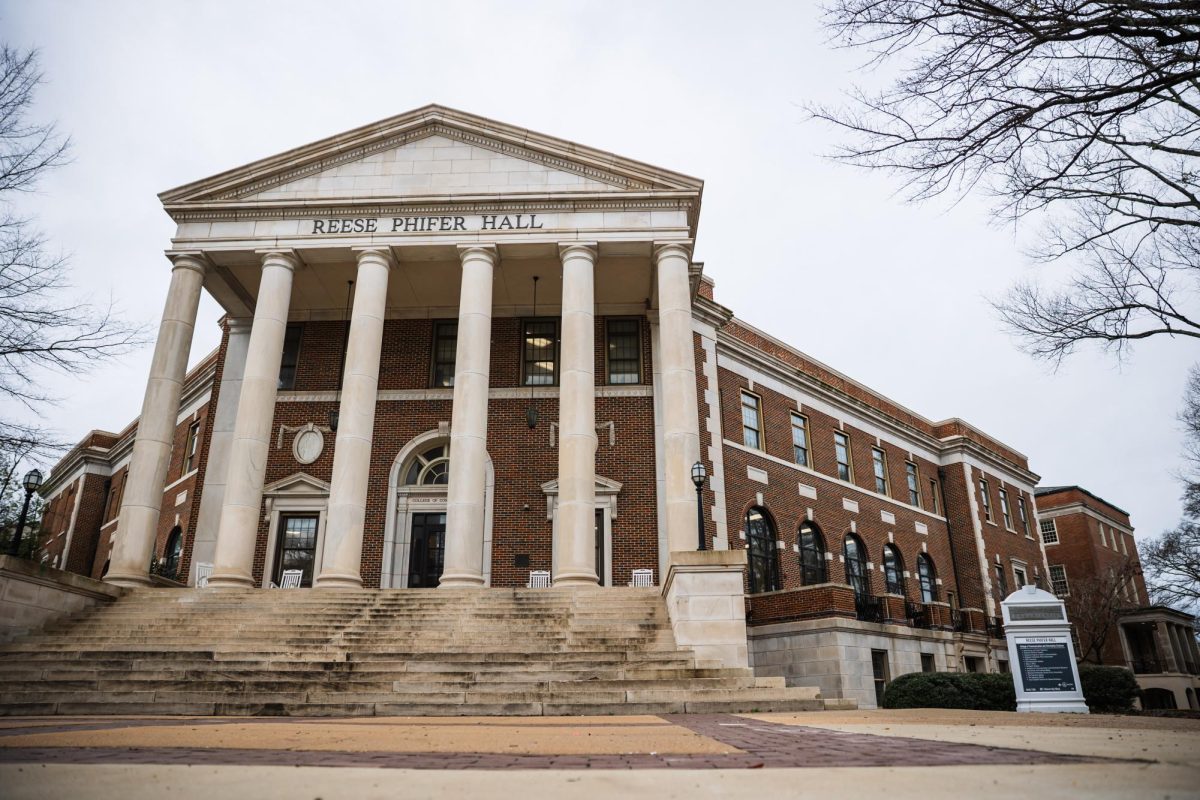 Tate Hinkle, a second-year student at the University of Alabama School of Medicine in Birmingham, was recently named a regional coordinator for the American Academy of Family Physicians National Family Medicine Interest Group Network.
Tate Hinkle, a second-year student at the University of Alabama School of Medicine in Birmingham, was recently named a regional coordinator for the American Academy of Family Physicians National Family Medicine Interest Group Network.
As coordinator, Hinkle will serve as a consultant and resource for the FMIGs on medical school campuses in nine states and three U.S. territories in the northeast – Connecticut, Delaware, Maine, Massachusetts, New Hampshire, New Jersey, New York, Rhode Island, Guam, Puerto Rico and the U.S. Virgin Islands – which comprise Region 4 of the network.
“I wanted to be able to be involved at a national level and be able to share information with a lot of interest groups across the country and take the passion I had developed over the last few years and share that passion with others so that they could understand what we’re trying to do in family medicine,” Hinkle said.
Ashley Bentley, student interest communications coordinator for the American Academy of Family Physicians, said a selection committee appointed Hinkle to a regional coordinator position. Hinkle began active duty on Jan. 1 and will be in the position until December 2012.
“We have five student leaders that really serve as our peer-to-peer communication leaders,” Bentley said. “[Hinkle] can take his experiences and talk to other student leaders who generally tend to listen more to him since he is also a student and can share similar, relatable experiences with them. That’s where he is also very valuable.”
Hinkle completed his master’s degree in biological and environmental sciences at Troy University and received his Bachelor’s degree in biomedical sciences from Auburn University before joining the University of Alabama School of Medicine’s Rural Medicine Program in 2009.
“The Rural Medicine Program is a five-year medical school program that is designed to bring in students from rural Alabama and students that are interested in primary care in those areas and help with their leadership and development that will prepare them for being doctors in a rural community,” Hinkle said. “A rural community is different versus a bigger city because in a rural community, you might be the only doctor in the whole community. The whole program is designed to target those students in smaller areas, because studies have shown that those students are more likely to go back to the smaller areas and practice there.”
Glen Stream, president of the American Academy of Family Physicians, said that FMIGs are one of the best ways for medical students to learn about the breadth, depth and rewards of family medicine.
“Regional coordinators are key to introducing students not only to family medicine, but also to the opportunities out there for both service and leadership in their communities and their profession,” Stream said.
Hinkle said one of the main reasons he went into medicine was because he enjoys being around people.
“I think we all go into medicine for the same reason, to help people,” Hinkle said. “From a young age, I realized I wanted to be a doctor but never knew what specialty until I shadowed my first family physician. I saw the deep trust that his patients put in him and the relationship they had developed over many years as a doctor and patient. I knew that I’d found what I wanted to do with my life.”









